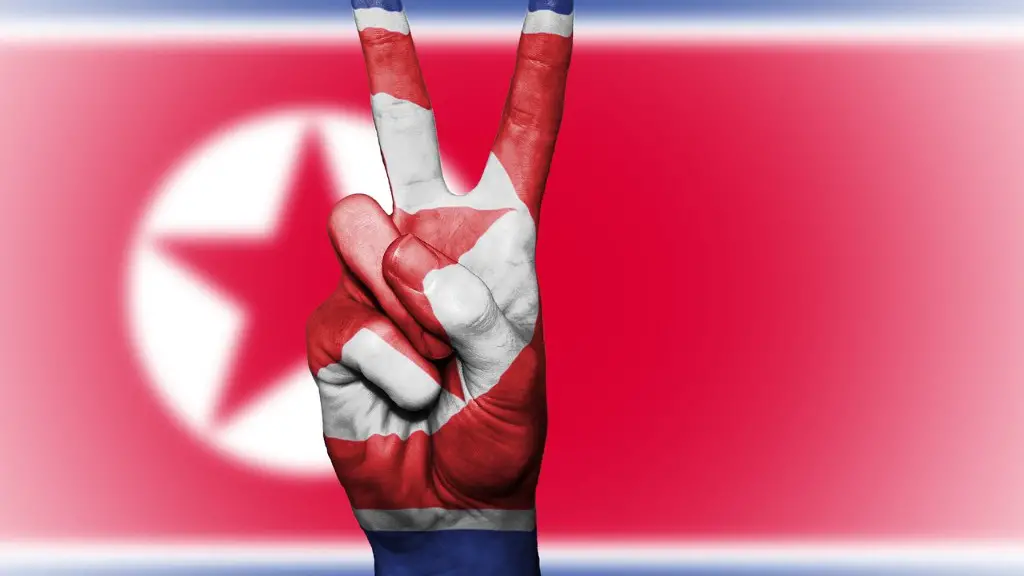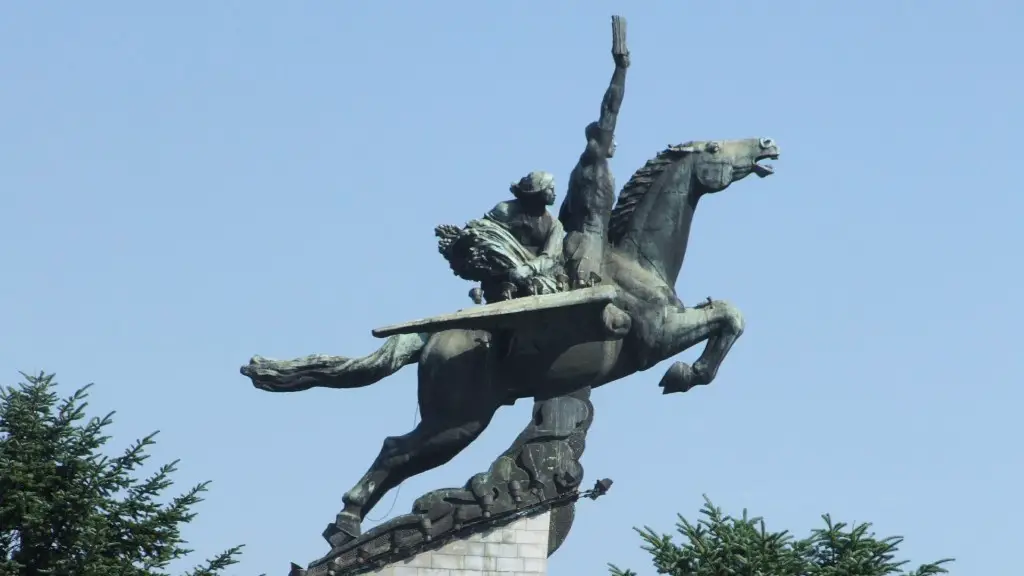Introduction
North Korea has been under sanctions by the United Nations Security Council (UNSC) since 2006. The aim of the sanctions is to dissuade North Korea from transferring and developing nuclear weapons. North Korea is one of the countries following a severe nuclear weapons program, and international sanctions are seen as a viable solution to prevent the spread of these weapons. Although the sanctions have been in place for over a decade, there are still a lot of questions about the effectiveness of them.
What Are the Sanctions?
The UNSC sanctions against North Korea are made up of a set of restrictive measures. These measures are designed to impede North Korea’s access to and use of the money and resources that support its nuclear weapons program and human rights abuses. Key elements of the sanctions include a full arms embargo, a ban on financial services and money transfers that directly support the government, and restrictions on areas of trade, including luxury items, metals and minerals.
Are They Effective?
The effectiveness of the sanctions is a hotly debated topic. Some believe that the sanctions are not adequate enough to curtail North Korea’s nuclear weapons program. This is especially true when considering that North Korea has been able to find ways to bypass the sanctions, such as by smuggling resources and trading with China. On the other hand, some experts point out that the sanctions have had a positive impact, as evidence shows that North Korea has curtailed its nuclear weapons program in certain areas.
Positive Effects of Sanctions
One benefit of the UNSC sanctions is that they have had a positive effect on North Korea’s relations with the international community. The sanctions have put pressure on North Korea to engage in diplomatic talks with other countries and have opened up an opportunity for dialogue between North Korea and the international community. Additionally, the sanctions have helped reduce the flow of money that funds North Korea’s nuclear weapons program and have restricted the country’s access to high-end military technologies.
Negative Effects
Unfortunately, the sanctions have also had some negative effects. The restrictions have led to economic hardship for the people of North Korea and have put a strain on their access to basic necessities, such as food and medicine. Additionally, human rights groups have criticized the sanctions for having a disproportionate impact on North Korea’s civilian population. The restrictions have also caused a strain on North Korea’s relations with other countries, as the country has had to limit its trade with many countries in order to comply with the sanctions.
International Support for Sanctions
Despite the negative effects of the sanctions, many countries have expressed support for the UNSC sanctions. The United States, Japan, China, and South Korea have all publicly supported the sanctions and have continued to advocate for their enforcement. Additionally, the European Union and its member states have also expressed their support for the sanctions and have imposed additional restrictions of their own.
Conclusion
The UNSC sanctions against North Korea have had both positive and negative effects on the country. Supporters of the sanctions believe that they are a necessary step in curtailing North Korea’s access to resources used to fund its nuclear weapons program. However, critics of the sanctions have condemned them for having a disproportionate impact on North Korea’s civilian population and for causing economic hardship. Despite the criticism, many countries have expressed their support for the sanctions and have imposed additional restrictions of their own.
How Sanctions Help to Rebuild North Korea
Sanctions can be an important tool in helping North Korea rebuild itself and creating a pathway towards lasting peace. For example, a few years ago, the UN’s Security Council agreed to lift some of the sanctions on North Korea in exchange for the country making significant steps towards disarmament. This gives North Korea the opportunity to rebuild economically and politically as well, as lifting of sanctions can open the door to more trade and investment. In addition, the UN’s sanctions help to create an environment where trust can begin to be built between the international community and North Korea, making it easier to have constructive conversations about areas of conflict. This is because economic pressure is one way to get North Korean officials to the negotiating table.
How Sanctions Impact Everyday North Koreans
While sanctions may help create an environment for peace, they can also have a real impact on everyday North Koreans. Sanctions lead to trade and financial restrictions, which affect the availability and cost of essential goods. As a result, millions of North Koreans are left without access to food, medical aid, and other necessities. Furthermore, when it comes to North Korea’s nuclear weapons program, sanctions only put more pressure on the North Korean government, and not the people, so they are left with little to no protection against the regime.
The Effectiveness of Sanctions
The effectiveness of sanctions on North Korea is difficult to assess since the country is notoriously secretive and not open to foreign news sources. Some argue that sanctions have been able to apply enough pressure on North Korea’s economy to get the country to open negotiations and make headway towards disarmament. Others argue that sanctions, while necessary, are insufficient and North Korea will continue to be able to find ways to access resources and develop their nuclear program if it is not combined with other diplomatic efforts.
Sanctions and Humanitarian Aid
One of the most controversial aspects of the sanctions is the effect they have on North Korean citizens. Many human rights activists argue that targeting and restricting the economy has unfairly denied North Korea’s citizens the resources and aid they desperately need. In response to these concerns, the UN sanctioned multiple exemptions so that NGOs can bring humanitarian aid such as food, medicine and development assistance into the country while avoiding any risk of assisting the North Korean government.
Looking to the Future
Whether sanctions are effective or not, it is clear that they have the potential to have both good and bad impacts on North Korea. While the UN’s sanctions are an important tool in curtailing the country’s nuclear weapons program, they can also limit the resources available to everyday North Koreans and make it difficult for them to get access to the help they need. Ultimately, it is important to find a balance in order to create an environment of lasting peace and stability in the region.



